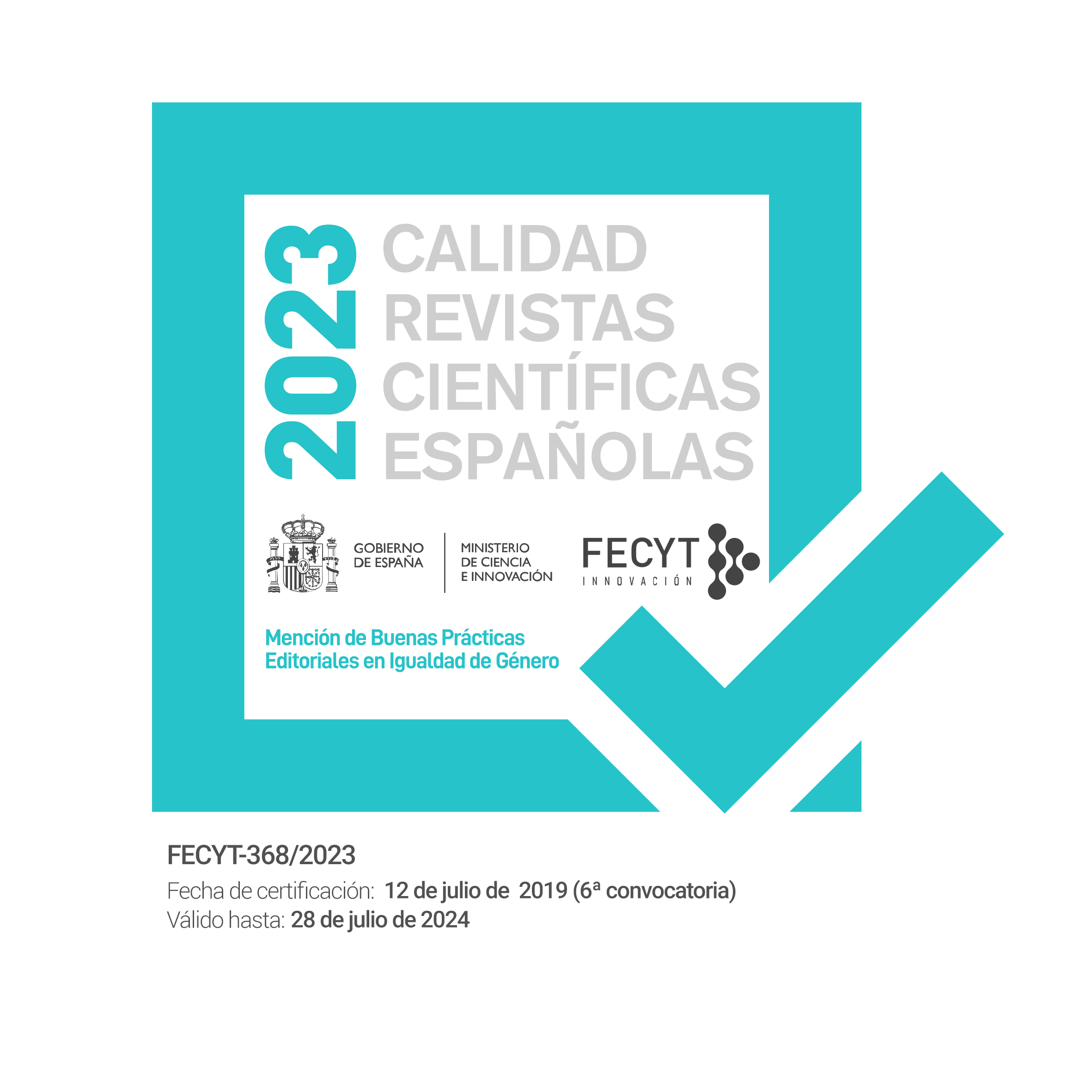Language in motion in Marilynne Robinson’s "Housekeeping" and the Book of "Ruth"
DOI:
https://doi.org/10.18172/jes.3647Keywords:
Marilynne Robinson, Ruth, homelessness, Bible, mobility, squatter’s rights, genderAbstract
The terminology used to describe people living in socially or legally ambiguous housing conditions is contradictory and contested in often unpredictable ways. Homeless people, as well as the laws and government discourses designed to limit their behavior, frequently choose language that is at odds with what their bodies are actually doing in the spaces they occupy. In this essay I will discuss the oxymoronic verbal formulations for how transients, especially transient women, move through and live in social space by looking at two texts that focus on homeless women and their social power, Marilynne Robinson’s novel Housekeeping, and the biblical Book of Ruth (on which it is partially based). By placing these works in the context of the legal discourses of homelessness and squatting, and gender analyses of mobility, I hope to identify a mode of gendered embodiment based in the language of motion.
Downloads
References
Anderson v. City of Portland. 2011. United States District Court, D. Oregon. Civ. No. G8-1447-AA.
Crawford, L. C. 2014. “Derivative Plumbing: Redesigning Washrooms, Bodies, and Trans Affects in ds+r’s Brasserie.” Journal of Homosexuality 61 (5): 621-635.
Creswell, T. 1999. “Embodiment, Power and the Politics of Mobility: The Case of Female Tramps and Hobos.” Transactions of the Institute of British Geographers 24 (2):175-192.
Cresswell, T. and T. P. Uteng. 2008. “Gendered mobilities: Towards an holistic understanding.” Gendered Mobilities. Ed. T. P. Uteng and T. Cresswell. Aldershot: Ashgate. 1-12.
Davis, A. R. 2013. “The Literary Effect of Gender Discord in the Book of Ruth.” Journal of Biblical Literature 132 (3): 495-513.
Fewell, D. N. 2015. “Space for Moral Agency in the Book of Ruth*.” Journal For The Study Of The Old Testament 40 (1): 79-96.
Galehouse, M. 2000. “Their Own Private Idaho: Transience in Marilynne Robinson's Housekeeping.” Contemporary Literature 41 (1): 117-137.
Gonick, S. 2016. “From Occupation to Recuperation: Property, Politics and Provincialization in Contemporary Madrid.” International Journal of Urban and Regional Research. 40 (4): 833-848.
Hanson, S. 2010. “Gender and mobility: new approaches for informing Sustainability.” Gender, Place & Culture 1 (1) 7: 5-23.
Jackson, W. C. 2013. “Life on Streets and Trails: Fourth Amendment Rights for the Homeless and the Homeward Bound.” Vanderbilt Law Review 66 (3): 933-959.
Joel Doe et al. v. Boyertown Area School District. 2018. F. 3d. WL 3016864.
Kinberg, O. 1933. “On So-Called Vagrancy. A Medico-Sociological Study (Concluded).” Journal of Criminal Law and Criminology (1931-1951) 24 (3): 552-583.
The King James Study Bible. 2013. Nashville: Thomas Nelson Publishers.
Klaver, E. 2010. “Hobo Time and Marilynne Robinson's Housekeeping.” Journal of The Midwest Modern Language Association 43 (1): 27-43.
Koosed, J. L. 2011. Gleaning Ruth: A Biblical Heroine and Her Afterlives. Columbia: University of South Carolina Press.
Martínez, M. A. 2011. “Squatting in the Eye of the Storm: The Social and Legal Framework in Spain.” . (Accessed 20 June 2018).
Mattessich, S. 2008. “Drifting Decision and the Decision to Drift: The Question of Spirit in Marilynne Robinson's Housekeeping.” Differences: A Journal of Feminist Cultural Studies 19 (3): 59-89.
Nesbitt, R. L. 2012. “Squatters in Spain.” Spanish Property Insight. <https://www.spanishpropertyinsight.com/legal/squatters-in-spain/>. (Accessed 20 June 2018).
“Public Facilities Privacy & Security Act.” 2016. <https://www.ncleg.net/Sessions/2015E2/Bills/House/PDF/H2v3.pdf >. (Accessed 12 June 2018).
Robinson, M. 1980. Housekeeping. New York: Farrar, Straus and Giroux.
Salamon, G. 2006. “Boys of the Lex. Transgenderism and Rhetorics of Materiality.” GLQ: A Journal Of Lesbian & Gay Studies 12 (4): 575-597.
Smyth, J. 1999. “Sheltered Vagrancy in Marilynne Robinson's Housekeeping.” Critique: Studies In Contemporary Fiction 40 (3): 281-91.
Watters v. Otter. 2012. United States District Court, D. Idaho. 854 F.Supp.2d 823.
Downloads
Published
How to Cite
Issue
Section
License
The authors retain copyright of articles and authorize Journal of English Studies the first publication. They are free to share, redistribute, and/or reprint the article without obtaining permission from the publisher as long as they give appropriate credit to the editor and the journal.
Self-archiving is allowed too. In fact, it is recommendable to deposit a PDF version of the paper in academic and/or institutional repositories.
It is recommended to include the DOI number.
This journal is licensed under a Creative Commons Attribution 4.0 International License









